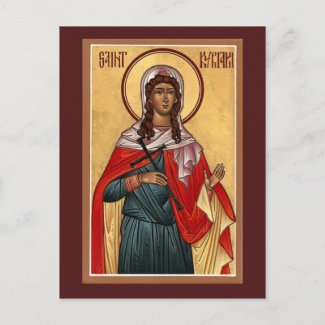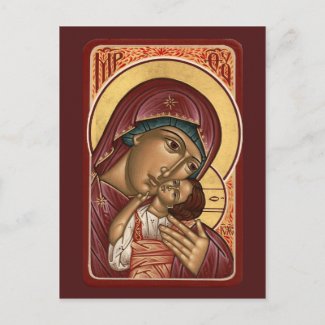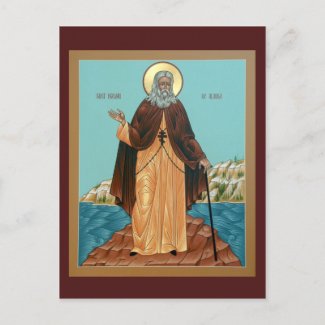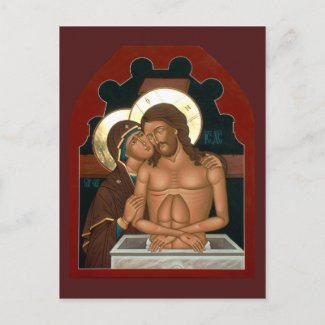October 15th 2005 is just one of those days in my personal memory that doesn't fade from my memory. I spent the morning finishing off my taxes(I usually file for an extension for reasons that I won't go into here). I had planned to have a little Oktoberfest celebration with my friends that evening.
After the taxes had been mailed, and before starting to cook dinner, one of my friends and I took a bike ride down to the park near my house, played a little hackeysack and talked about everything and nothing in particular. As we rode back up to the house, my friend did one of those wheelies where you ride the wheelie for a while. I remarked that I didn't think that I could do one of those, and then I proceeded to find out that indeed I cannot. I hit the ground hard. As soon as I tried to stand up, it was obvious that my arm was broken. Somehow I had acquired an extra elbow in that arm, and as I picked my arm up off the ground, I made a normal fracture into a compound fracture. This was not a good turn of events.
You see, the cost of health care increases every year, and as such, health insurance companies raise premiums, at which time they inform you that you could save money by choosing a higher deductible. Well I hadn't been seriously sick or injured in years, so I figured it couldn't hurt to have a $2000 deductible. I made this decision within about a month of this accident. So in addition to pain and discomfort, I got to thinking about how I would pay for a hospital stay.
We walked back to my house. My friend found my wallet with my insurance card. We tried unsuccessfully to wrap my arm in a clean towel and then abandoned the idea because it was hurting to much to continue. We got in his car and headed to the hospital 25 minutes away. I asked him to call my mother who lives in the same town as the hospital, figuring she might want to know about this.
At this point I feel compelled to point out that paperwork is not fun when you are injured, and consequently the registration process was brutal. When I finally got a bed, I had to wait around forever before anyone even cleaned my open wound. In the Radiology room, I actually heard one nurse whisper to the other, "did you see that?" to which the other one responded "yeah, it's awful." While still waiting to have my wound cleaned and a splint applied to my arm, I got asked to sign a form. My left arm could not support itself, so my right arm was busy holding it, and couldn't be used for signing anything. So my poor mother had to hold my broken arm while I signed. I could tell from her expression how difficult it was for her to see her son broken like that.
The treatment for my arm required a couple metal plates, twelve screws, some ground up cadaver bone mixed with some sort of growth medium(I had never heard of this before), and because I had been smoking for the last 5 years or so, I needed to use a bone stimulator(which uses electromagnetic pulses to simulate the signals that broken bones send out, causing the body to work harder to fix the broken bone).
I digress again. Most people who make it to the age of 19 without smoking, don't start smoking. I started at 23. It was really stupid, and I regretted having started, but continued to smoke anyway. I quit after my grandmother died, but started again a couple months later. So at this point, I was still smoking. I learned that smoking decreases bone density, and can prevent proper healing of broken bones, so when the doctor told me to cut back, I quit.
I was admitted to the hospital. I had to wait until the following morning for surgery because they had to wait for the metal plates to arrive. That night was a long, horrible night. Once visiting hours were over and everyone went home, I sat there with just my thoughts. I was worried about surgery the next day, worried about how I was going to pay for my hospital stay, worried about how I was going to manage to keep working with one arm, with doctor's appointments and with physical therapy. I felt like my life was collapsing around me. It had been a couple years since I had been to Church on a regular basis (another long story best saved for later), and even though I was sure that my surgery was pretty routine, I really didn't want to go under anesthetic in my spiritual state. So for most of the night, I alternated between crying and praying, with as much sleep as the morphine would allow.
The next day I had my surgery. I remember being wheeled into the hallway near the Operating Room, I remember getting a shot of something, I remember being scared senseless, and I remember my Mom praying for me, and then I remember waking up. I was in a strange room, it hurt to breathe (no doubt because of the cigarettes), and there was an invisible thing squeezing my arm really hard (which I later figured out was an automatic blood pressure cuff). The next couple days are pretty hazy except for a few moments here and there. I had a roommate who had been thrown from a horse who spent most of his waking hours screaming or watching hunting shows on TV (which are horrible when you are in and out of consciousness). My priest came to visit me, and we had a good talk. My Mom visited as often as she could. My friend visited. I got calls from most of my family. Anyway, on the third day, I got released from the hospital.
For the next week, I stayed at my Mom's house, because nearly everything was more difficult to do with one arm (and on painkillers). I had to learn to rely on other people for things that I should be able to do myself. I learned a lot about what it means to love someone, and that ultimately love is shown through service to others. At a time in my life where I felt that I should be self-sufficient, I was relying on my mother to take care of me, which she did without reservation.
Weeks went by, I had plenty of doctor's appointments. I saw x-rays that never seemed to look much better. And when every time I got a new cast I got to see the frankenstein monster that was my arm before the new cast got put on. I finally got my last cast off for good on my Birthday. Then I started physical therapy for a couple more months. Three years later, and I still have nerve damage that affects part of my hand, and I lack the strength and mobility that I used to have. Plus, I am still paying medical bills.
Looking back at myself three years ago, I see a careless, stupid, and immature person. I can't believe what damage could be caused with a moment of carelessness, and how much more difficult it was made by years of bad decisions, and yet it was an important milestone in my life. The worry that I experienced in that hospital is what brought me back to prayer and back to Church. I needed to realize how empty my life had become in order to break myself of my old habits. Breaking my arm gave me an immediate reason to quit smoking, which hopefully will give me an opportunity to live a longer, more fulfilling life. Most importantly, I learned not to rely so much on myself, but on God, and on those wonderful people that God has given me in my life. And while I often complain about my lingering problems from the accident, those problems serve as a constant reminder to me of the lessons that I have learned. I'm not happy about what happened that day, but I am glad that my life has changed. I guess I would have preferred to have made good decisions throughout my life to avoid having to learn to fix those things the hard way.








